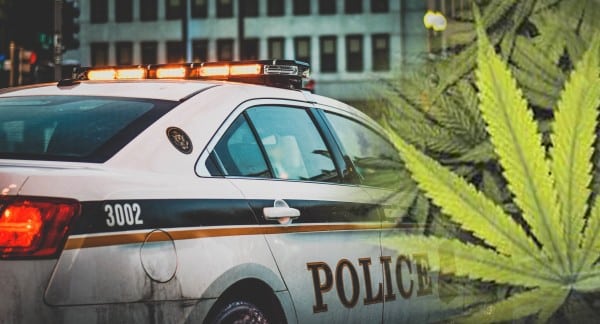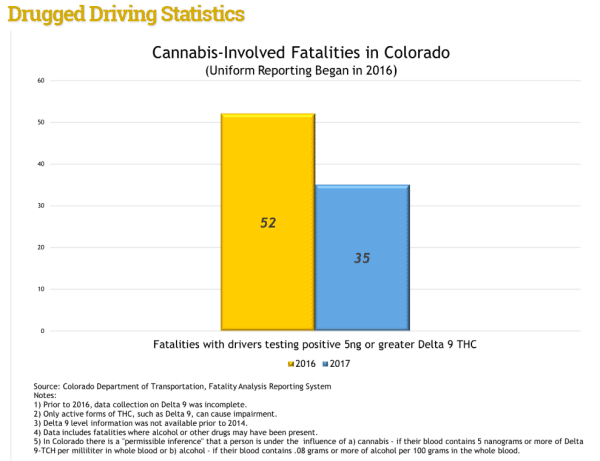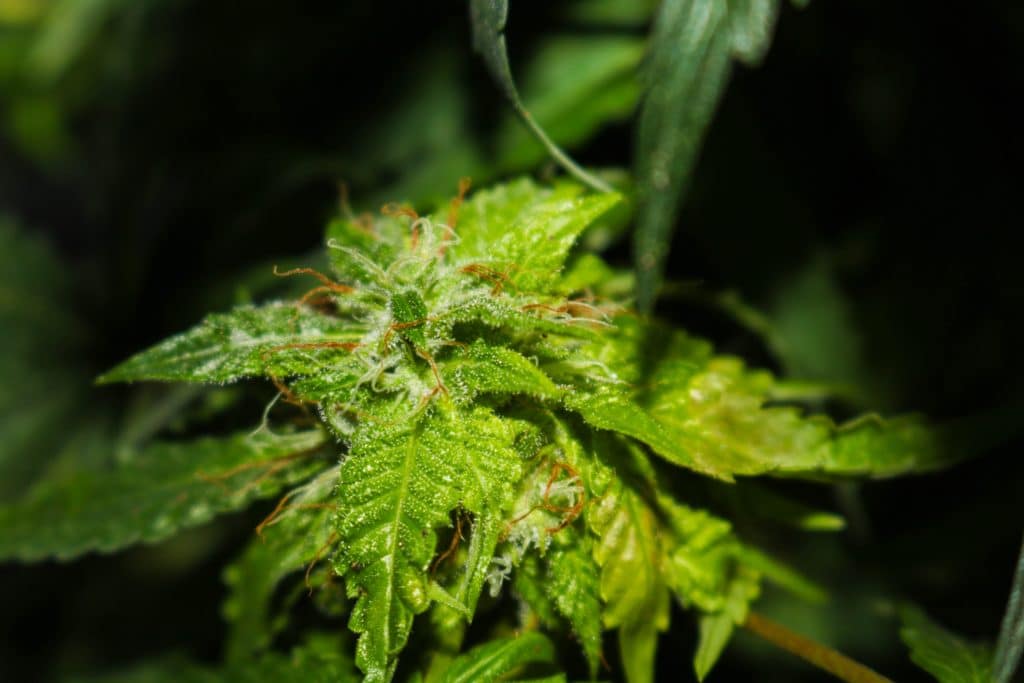
As cannabis becomes legal in Canada and across the states you may ask yourself if you drive stoned and are caught what will happen? Every state and province has their own rules but taking a page from Colorado’s book we can determine the general outcome if you are caught driving impaired.

Above is a chart from the Colorado Department of Transportation, this chart demonstrates the number of fatalities as a result of being impaired using cannabis when driving. The first year of testing was significantly higher than 2017 where there were 35 fatalities versus 52 in 2016.
When a police officer suspects you are impaired behind the wheel here are some protocols they follow:
Identify impairment, when they pull you over and a police officer believes you are impaired by observation, an officer may determine suspicion for impairment by looking at a number of things.
- Your eyes (if they are bloodshot)
- The expression on your face
- The smell of your clothes and car
- Your behaviour
- These all can be indicators that you may be impaired.
The open container law describes that no marijuana can be in a container with the seal broken or accessible within the vehicle. So it is best practice to keep marijuana sealed in a container or placed in the trunk of your car.
Regardless whether you are allowed to use marijuana for recreational use or medicinally it is illegal to consume it prior to driving. Know your limit if you know you consumed cannabis with THC, it is best not to drive.
When testing your blood for THC, drivers with five nanograms in their blood can be prosecuted for driving under the influence (DUI). Check with the legislations in your area for accurate information.
According to the Colorado law any driver who refuses to take a blood test will immediately be considered a high-risk driver.
Consequences for refusal to take a blood test may include mandatory ignition interlock for two years, and level two alcohol education and therapy classes as specified by law. This may differ state-to-state.
Conclusion
All in all, it is best practice to not drive when consuming cannabis with THC, THC can last a long time in your blood and a very small amount can deem you as driving under the influence (DUI) if you choose to drive while being high. The above chart speaks volumes, the numbers of cannabis impaired fatalities in 2017 had reduced significantly in comparison to 2016. This may be because of the educational campaigns the state has done by building awareness around the issue and its strict policies around driving impaired. The more understanding people have about using cannabis with THC and the consequences, the more we will see people make smart informed choices when doing so.
References:
Colorado Department of Transportation. “Drugged Driving Statistics”. Retrieved from:




